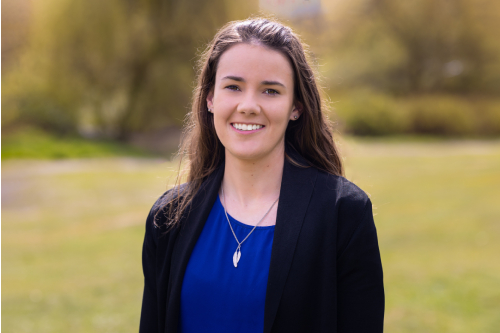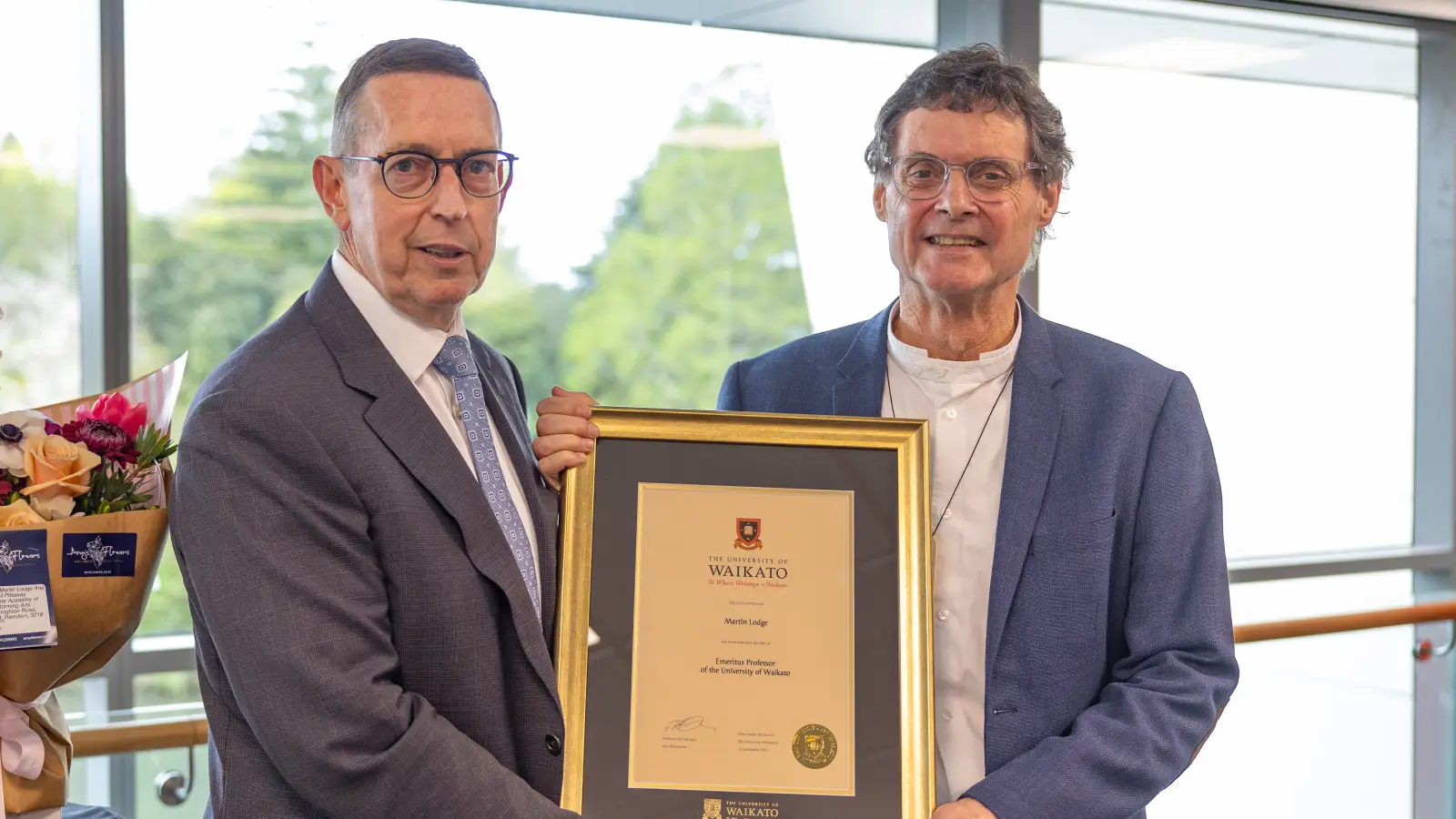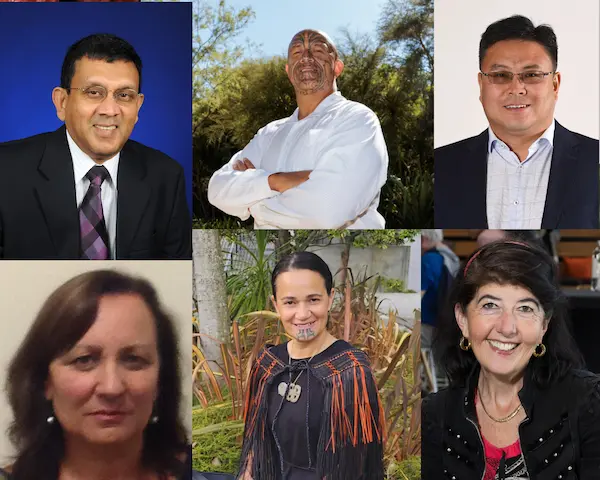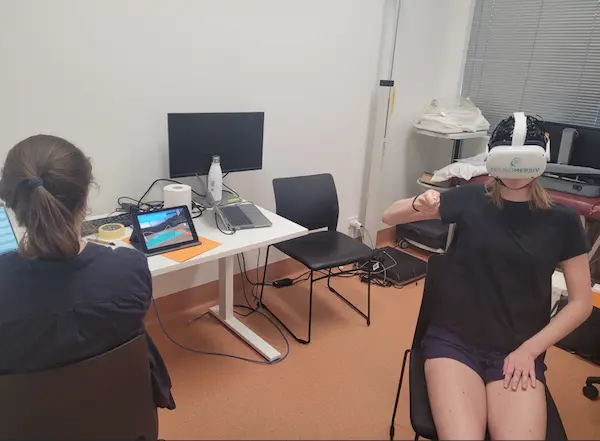A University of Waikato alumna hopes her research on flood forecasting and hydrometeorology will better predict weather events.

Elise is one year into her PhD in Atmospheric Science and Meteorology at The University of British Columbia in Canada.
Elise Legarth graduated from the University in 2018 with a Bachelor of Science (BSc), majoring in Earth Sciences and Agribusiness, and is now one year into her PhD in Atmospheric Science and Meteorology at The University of British Columbia in Canada.
She received Canada’s top and most prestigious scholarship, the Vanier Scholarship, which she put towards her research topic: development of an improved methodology for estimating probable maximum precipitation and probable maximum flood.
Her aim is to help society, in particular the agricultural industry, adapt to climate change.
Now 25, Elise says weather events, such as the floods that wiped out British Columbia communities in 2021, could have been predicted years in advance if her research model was available.
“When engineers and other planners look to build a bridge or dam, they have to safely accommodate flood levels equivalent to the probable maximum flood, the worst-case scenario that is meteorologically possible,” Elise says.
“There are a number of ways of doing that, such as looking at the past 100 years and taking the largest event, but in the context of climate change that isn’t particularly accurate.”
Elise hopes her new method - using numerical modelling and a coupled atmospheric-hydrological model to predict extreme rainfall and flooding and how events respond to climate change - is more accurate and produces better data for communities around the world.
 Elise doing field work in Canada as part of her PhD.
Elise doing field work in Canada as part of her PhD.
“Not only are we aiming to better predict maximum flood levels so that infrastructure will be built to specifications that will withstand flooding many years into the future, we’re also aiming to model every single river reach in British Columbia and forecast water levels from 10 days out. This will allow communities at risk of flooding to prepare, such as by moving stock to higher ground."
The findings will be tested and validated in British Columbia watersheds and if the methods prove fruitful, the developed model will be run under a variety of climate-change scenarios.
Elise’s research spans hydrological and meteorological fields and utilises high-performance computing, machine learning and other innovative techniques.
“We’re seeing a lot of promise incorporating machine learning into processing forecast data and being able to use some Artificial Intelligence.
“Forecasting and modelling are very uncertain and we’re always making assumptions based on input data, so now we’re looking at how machine learning can improve those techniques.”
Elise is also conducting flood forecasting research for BC Hydro, a Canadian electric utility, with the second-largest weather forecasting centre in Canada, the Weather Forecast Research Team.
The decision to study science didn’t come naturally to Elise. Growing up in Hawkes Bay and attending Havelock North High School, Elise admits she “had no idea” what she wanted to do after school. She spent most of her life kayaking, paddling for the New Zealand High-Performance Kayak Team, before being awarded the Sir Edmund Hillary Scholarship from the University of Waikato for her achievements in the sport.
“The University of Waikato was awesome. I kayaked through my whole degree, I was overseas or in Auckland for most of the year - and this was pre-Covid-19, so there wasn’t a lot of remote learning.
“But my lecturers were so accommodating, recording lectures, changing test times and organising one on one Zoom calls.
“Being able to pursue my sport and still get academic support made a huge difference to actually being able to complete my degree.”
The University, which launched its Bachelor of Climate Change (BCC) in 2022, may have been enough to tempt Elise to change study paths if it was available during her studies.
“Students will come out of that degree with incredible skills. I’ve found no matter what type of science you are into, whether you want to be a biologist, oceanographer or geologist, climate change is having an impact everywhere.”
The degree is the first of its kind in the world, combining scientific knowledge with an understanding of economic and political systems and the impacts on Māori, Pacific and Indigenous communities.
Upon graduating Elise went on to get her Master of Science in Auckland where she also landed a job as a Hydrologist at Williamson Water and Land Advisor, focusing on rainfall-runoff modelling and predicting stream flows.






